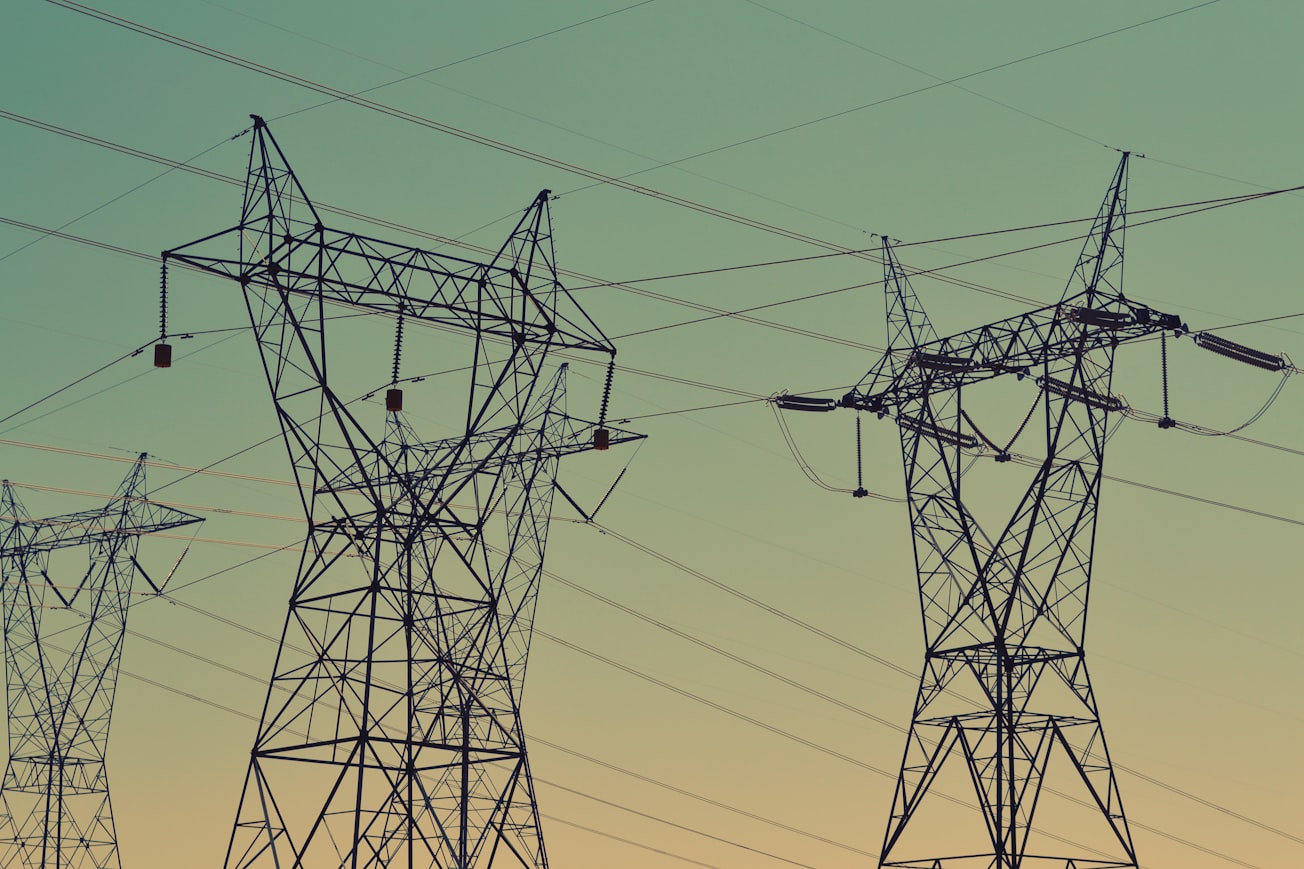What is it about?
This article examines the reasons why the Israeli government chose not to apply for membership in the International Energy Agency (IEA), though it has been eligible to do so since 2010. The many benefits the IEA has to offer Israel in terms of enhancing its energy sector’s security, advancing environmental policies, and further integrating it with international markets and standards indicate that Israel would be wise to join the agency. A number of examples of the problematic process by which energy and environmental policy decisions are made in Israel will be used to illustrate this argument. Despite these benefits, Israel has rejected any notion of membership following a 2010 interdepartmental discussion between several ministries. The arguments raised during these discussions help shed some light on how the ‘security-mindset’ that tends to dominate Israeli policymaking serves as a limit to Israel’s potential progress of both its energy sector and its environmental policies
Featured Image

Photo by Fré Sonneveld on Unsplash
Why is it important?
The emergence of deeper international cooperation between states in matters regarding global energy and environmental policies has gained an extensive body of work in the academic literature over the years. Yet what makes such efforts of international cooperation so interesting to political scientists is not why they are important for tackling global issues, but why certain countries (at certain times) refuse to take part in them, even when they are set to gain from such cooperation. Of special interest are studies that deal with obstacles and impediments to international cooperation in the energy sector, a highly nationalized aspect of the state yet one that has the characteristics of a global public good, such as when it is focused on mitigating environmental concerns or ensuring energy security.
Read the Original
This page is a summary of: Limits to cooperation: why Israel does not want to become a member of the International Energy Agency, Israel Affairs, April 2016, Taylor & Francis,
DOI: 10.1080/13537121.2016.1140357.
You can read the full text:
Contributors
The following have contributed to this page










